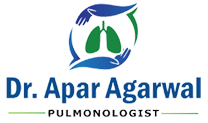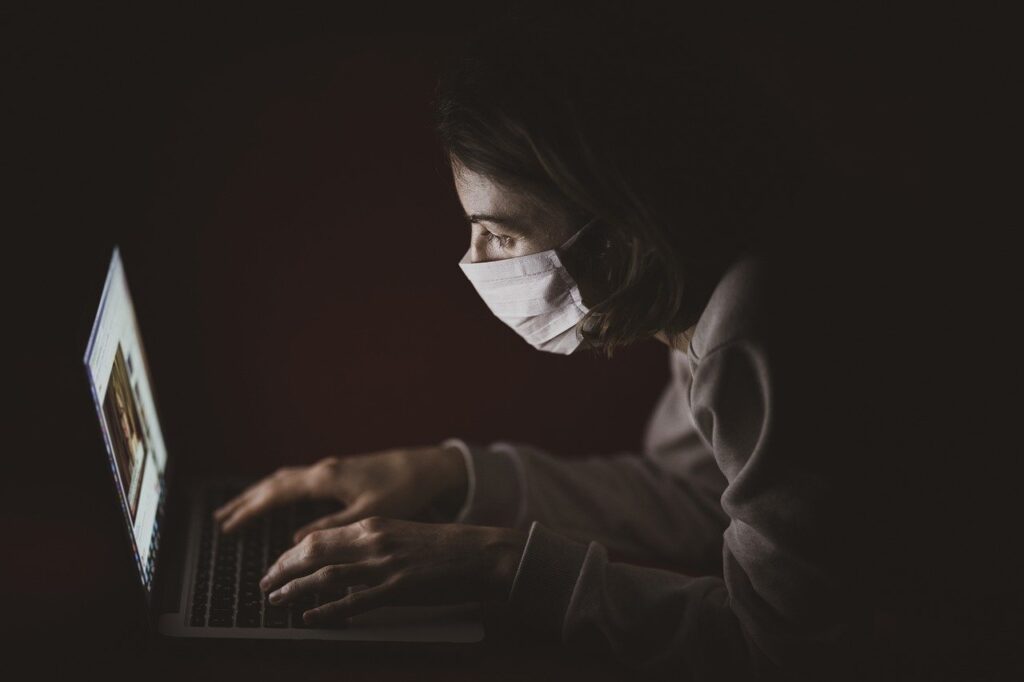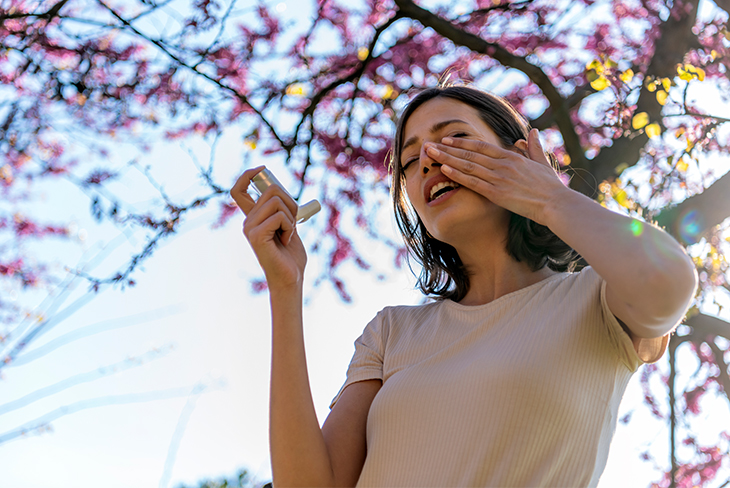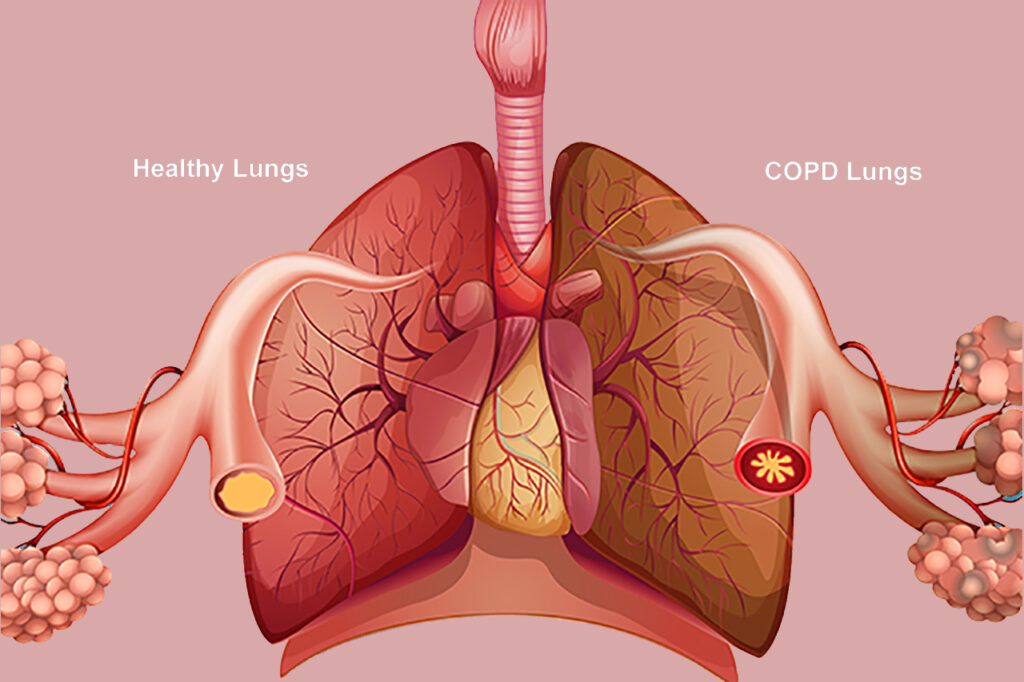Covid-19 can cause illnesses such as the common flu, severe acute respiratory syndromes (SARS), or Middle East respiratory syndromes (MERS). A new coronavirus, which originated in China, was the source of an outbreak of disease.
Now, the virus is known as the severe acute Respir syndrome coronavirus two or SARS-CoV-2. It is also known as coronavirus infection 2019 (COVID-19). WHO declared the COVID-19 pandemic in March 2020.
Pandemic is being monitored by public health organizations, such as the U.S. Centers for Disease Control and Prevention and WHO. They also post updates on their websites. These organizations have also made recommendations to prevent and treat the disease.
Symptoms Includes:
Warnings and symptoms of coronavirus disease 2019 (COVID-19) may appear two to 14 days after exposure. This time after exposure and before having symptoms is called the incubation period. Common signs and symptoms can include:
- Fever
- Cough
- Tiredness
- Loss of taste and smell
Other symptoms can include:
- Shortness of breath or difficulty breathing
- Muscle pains
- Chills
- Sore throat
- Runny nose
- Headache
- Chest pain
- Pink eye (conjunctivitis)
- Nausea
- Vomiting
- Diarrhea
- Rash
The cruelty of COVID-19 symptoms can range from very mild to rigorous. Some people may have only a few signs, and some people may have no symptoms at all. Some people may undergo worsened symptoms, such as worsened shortness of breath and pneumonia, about a week after symptoms start.
Older people have a more significant risk of severe sickness from the Coronavirus, increasing with age. People who are already suffering from any medical conditions also may have a higher risk of severe illness. Certain medical conditions that may increase the risk of severe sickness from COVID-19 include:
- Serious heart diseases, such as heart failure, coronary artery disease or cardiomyopathy
- Cancer
- Chronic obstructive pulmonary disease (COPD)
- Type 1 or type 2 diabetes
- Overweight, obesity or severe obesity
- High blood pressure
- Smoking
- Chronic kidney disease
- Sickle cell disease or thalassemia
- Weakened immune system from solid organ transplants
- Pregnancy
- Asthma
- Chronic lung diseases such as cystic fibrosis or pulmonary fibrosis
- Liver disease
- Dementia
- Down syndrome
- Weakened immune system from bone marrow transplant, HIV or some medications
- Brain and nervous system conditions
- Substance use disorders
When To See The Doctor:
If you have coronavirus symptoms, or you’ve been in touch with someone who has been tested positive. For medical advice, call your doctor immediately. Before you arrive at your appointment, tell your doctor about any symptoms or possible exposure.
In an emergency covid-19 case, Seek immediate medical attention if you notice any of these symptoms. These emergency signs and symptoms may include:
- Trouble breathing
- Persistent chest pain/pressure
- Incapacity to remain awake
- Neue confusion
- You may feel your skin tone a little pale, gray, or blue-colored skin, lips, or nails.
- If you are over 60 or have chronic conditions such as heart disease or lung disease, you should know. You may be at greater risk of falling seriously ill.COVID-19. During the pandemic.
What Causes Covid-19:
Coronavirus disease 2019 is caused by infection with the coronavirus or severe acute respiratory syndrome coronavirus.
It spreads quickly among people. More information is being discovered about its spread over time. It spreads quickly from person to person within a distance of 6 feet or 2 meters. Respiratory droplets are released when someone infected coughs, sneezes, and breathes. These droplets can either be inhaled or land in the eyes, mouth, or nose of someone nearby.
In certain situations, it may be necessary toCOVID-19A person contract the virus by being exposed to tiny droplets or aerosols in the air; this is known as airborne transmission, which is how the virus spreads.
The virus can also be spread by touching a surface and then touching the person’s nose, mouth, or eyes. However, the risk of spreading the virus is shallow.
Some reinfections of the same virus that causes it to causeCOVID-19These have not been ordinary, however.
Complications and Risk Factors:
- Pneumonia and trouble breathing
- Organ failure in several organs
- Heart problems
- A severe lung condition that causes a low amount of oxygen to go through your bloodstream to your organs (acute respiratory distress syndrome)
- Blood clots
- Acute kidney injury
- Additional viral and bacterial infections
- Close contact (within 6 feet, or 2 meters) with someone who has COVID-19
- Being coughed or sneezed on by an infected person
Preventions To Take:
If you haven’t had the COVID-19 vaccine, you can take many steps to reduce your risk of infection. WHO and CDC recommend following these precautions for avoiding exposure to the virus that causes COVID-19:
- Avoid close contact (within about 6 feet, or 2 meters) with anyone who is sick or has symptoms.
- Keep distance between yourself and others (within about 6 feet, or 2 meters). This is especially important if you have a higher risk of serious illness. Keep in mind some people may have COVID-19 and spread it to others, even if they don’t have symptoms or don’t know they have COVID-19.
- Avoid crowds and indoor places that have poor ventilation.
- Wash your hands often with soap and water for at least 20 seconds, or use an alcohol-based hand sanitizer that contains at least 60% alcohol.
- Wear a face mask in indoor public spaces and outdoors where there is a high risk of COVID-19 transmission, such as at a crowded event or large gathering. Further mask guidance differs depending on whether you are fully vaccinated or unvaccinated. Surgical masks may be used if available. N95 respirators should be reserved for health care providers.
- Cover your mouth and nose with your elbow or a tissue when you cough or sneeze. Throw away the used tissue. Wash your hands right away.
- Avoid touching your eyes, nose and mouth.
- Avoid sharing dishes, glasses, towels, bedding and other household items if you’re sick.
- Clean and disinfect high-touch surfaces, such as doorknobs, light switches, electronics and counters, daily.
- Stay home from work, school and public areas if you’re sick, unless you’re going to get medical care. Avoid public transportation, taxis and ride-sharing if you’re sick.




